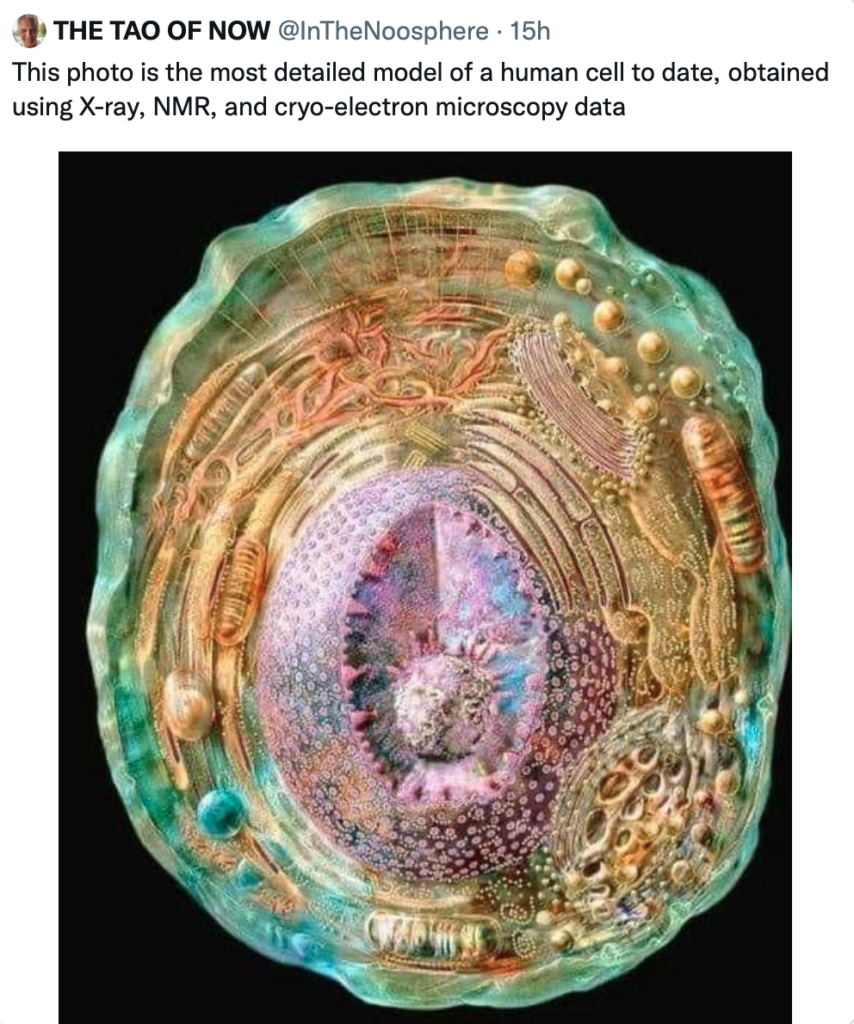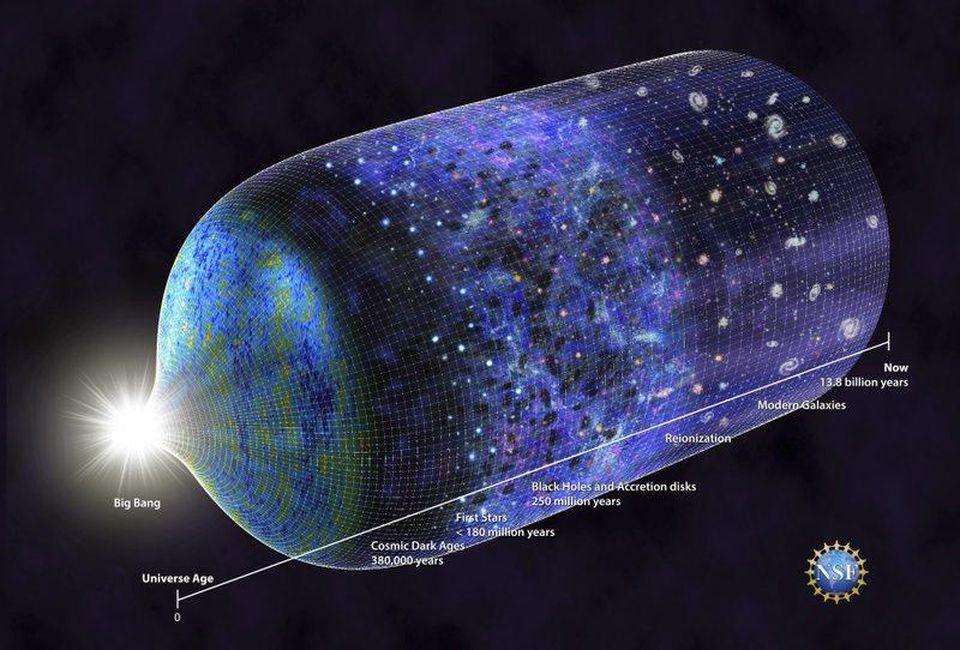The consensus of modern scholars is that the Bible does not give an accurate account of the origins of the Israelites. There is no indication that the Israelites ever lived in Ancient Egypt, and the Sinai Peninsula shows almost no sign of any occupation for the entire 2nd millennium BCE (even Kadesh-Barnea, where the Israelites are said to have spent 38 years, was uninhabited prior to the establishment of the Israelite monarchy). In contrast to the absence of evidence for the Egyptian captivity and wilderness wanderings, there are ample signs of Israel’s evolution within Canaan from native Canaanite roots. While a few scholars discuss the historicity, or at least plausibility, of the exodus story, the majority of archaeologists have abandoned it, in the phrase used by archaeologist William Dever, as “a fruitless pursuit”.
The biblical narrative contains some details which are authentically Egyptian, but such details are scant, and the story frequently does not reflect Egypt of the Late Bronze Age or even Egypt at all (it is unlikely, for example, that a mother would place a baby in the reeds of the Nile, where it would be in danger from crocodiles).
Source: Sources and parallels of the Exodus – Wikipedia
These are the lead graphs from the Wikipedia page on the Biblical account of the Exodus. I’ve been watching this space for a long time, with some fascination. Every few years or so, someone claims to have proven that some detail of the story could not have been correct, so, therefore, the story is pure fiction. The biggie, of course, was that the Jews could not have been slaves who built the pyramids. Rather, it is now settled scholarship that the people who built the pyramids were patriotic Egyptians, who were paid and fed well for their work for the empire.
I would assume that Wikipedia’s editors would begin the discussion of “the consensus of modern scholars” with the most-significant pieces of evidence against the narrative being factual. (Wait. I thought “science” didn’t care about consensus? I guess that’s only climate science.) Anyway, the first issue is that there was no archaeological findings to establish Jewish habitation of the Sinai peninsula.
First of all, according to the Biblical account, they only spent 38 years in that region, which happens to be a largely featureless, wind-swept desert. This is one second of time, archaeologically-speaking, in a place that would actively obfuscate evidence of passage through it. These conditions would make finding a record of them difficult in the best of circumstances.
Second of all, the Biblical narrative records that they lived as nomads, in tents, moving continually — as beduins — building no permanent structures. Most famously, the center of their mobile “city” was the Tabernacle housing the Ark of the Covenant, which was setup, torn down, and carried away at every location. In essence, they left virtually nothing behind to record their journeys.
Did these “modern” “scholars” never actually read the text they are disproving? I recognize that the position for the narrative being true is that you can’t disprove a negative, but even so, this is hardly the slam dunk they seem to think it is. There’s no contradiction with the account on this point.
Second of all, “modern” “scholars” take issue with a mother floating a baby down the Nile River due to the fear of crocodiles. Again, I have to ask: did these “modern” “scholars” even read the Bible? Moses’ mother would have put him in a basket of reeds, despite any fear of crocodiles, because not doing so meant certain death at the hands of the Egyptians.
I’m a fan of science. I’m a fan of archaeology. I’m a fan of Biblical history. There are parts of the Bible that seem incongruent to me, but most of the issues that “modern” “scholars” raise don’t seem persuasive to me. It just seems like trying to rewrite history to fit their worldview, as much as they claim is was originally written to fit the Jewish worldview. I could just as easily point to this documentary, which makes some very compelling arguments that the account is true, and that turn-of-the-century Egyptologists got the timeline wrong, and no one wants to go back and edit every book ever written on ancient Egypt.




